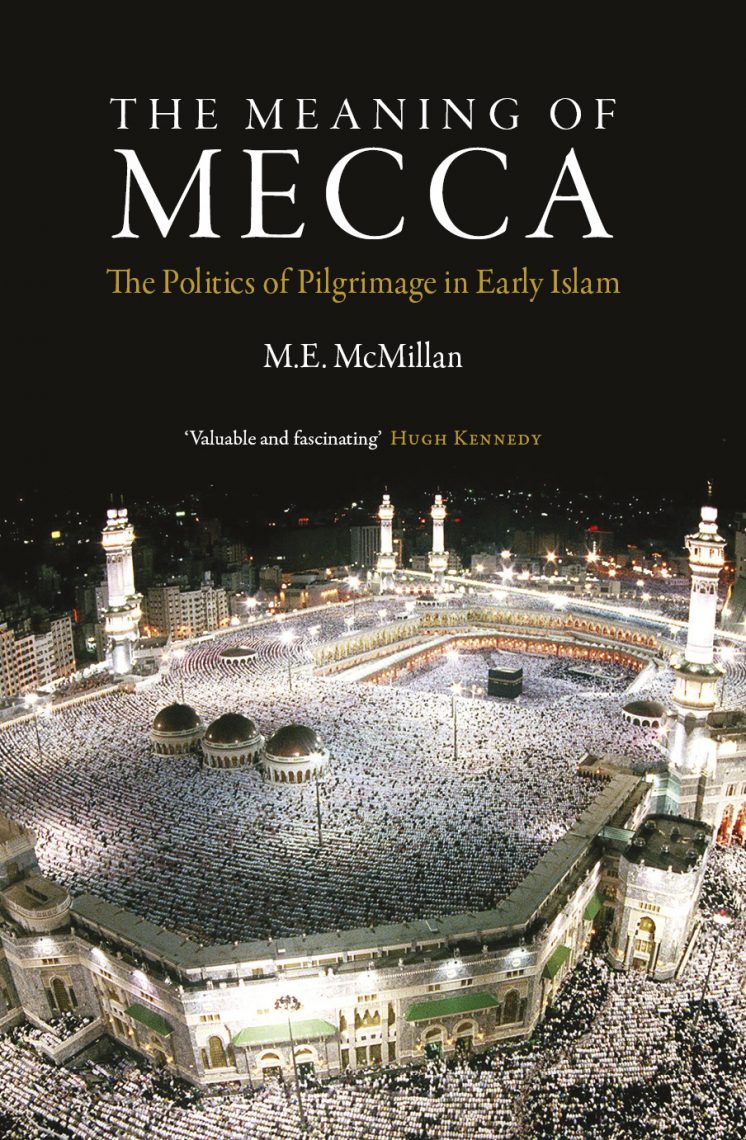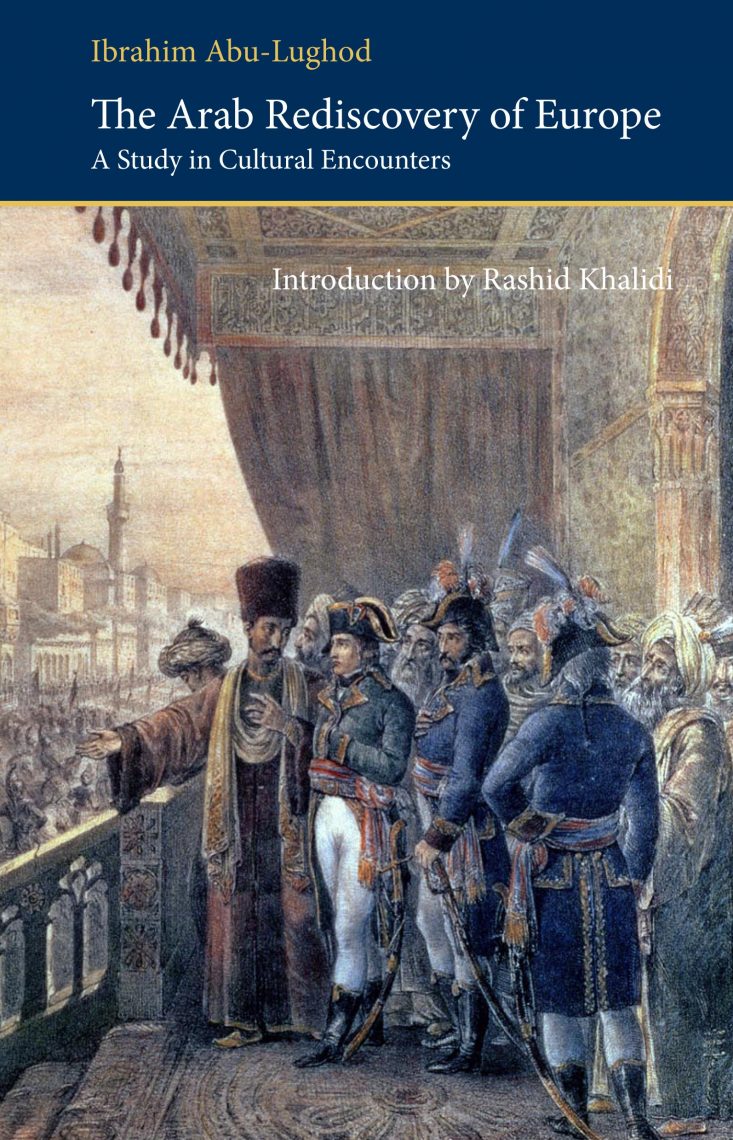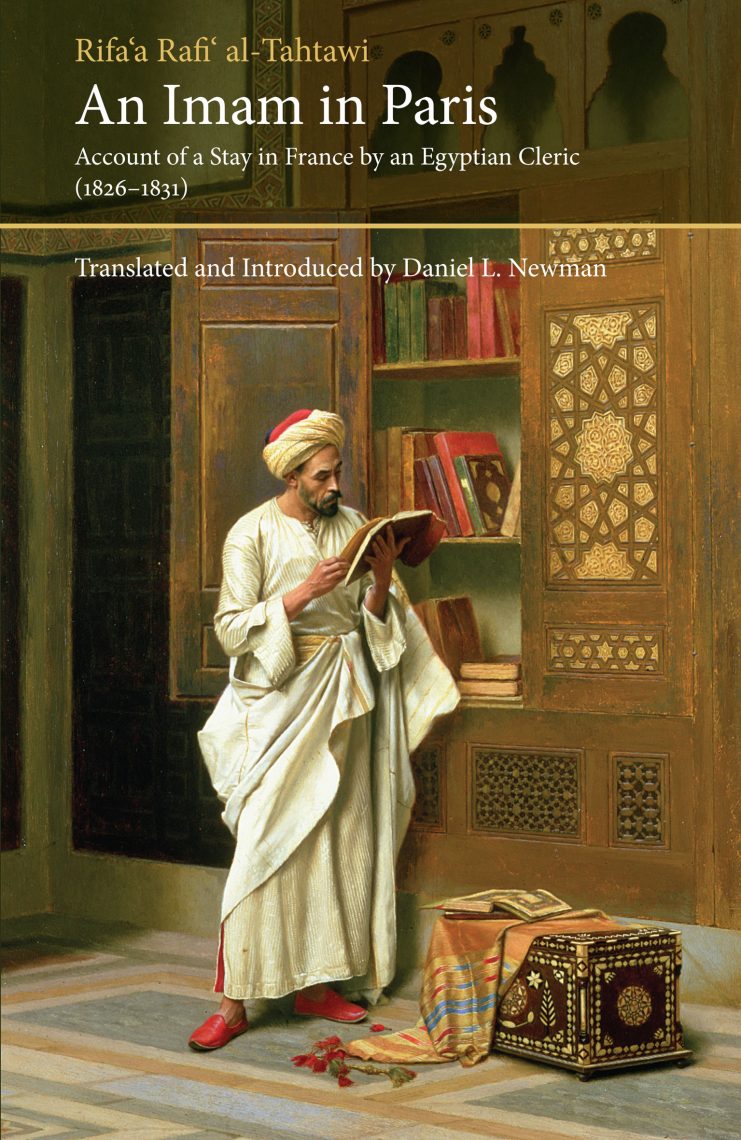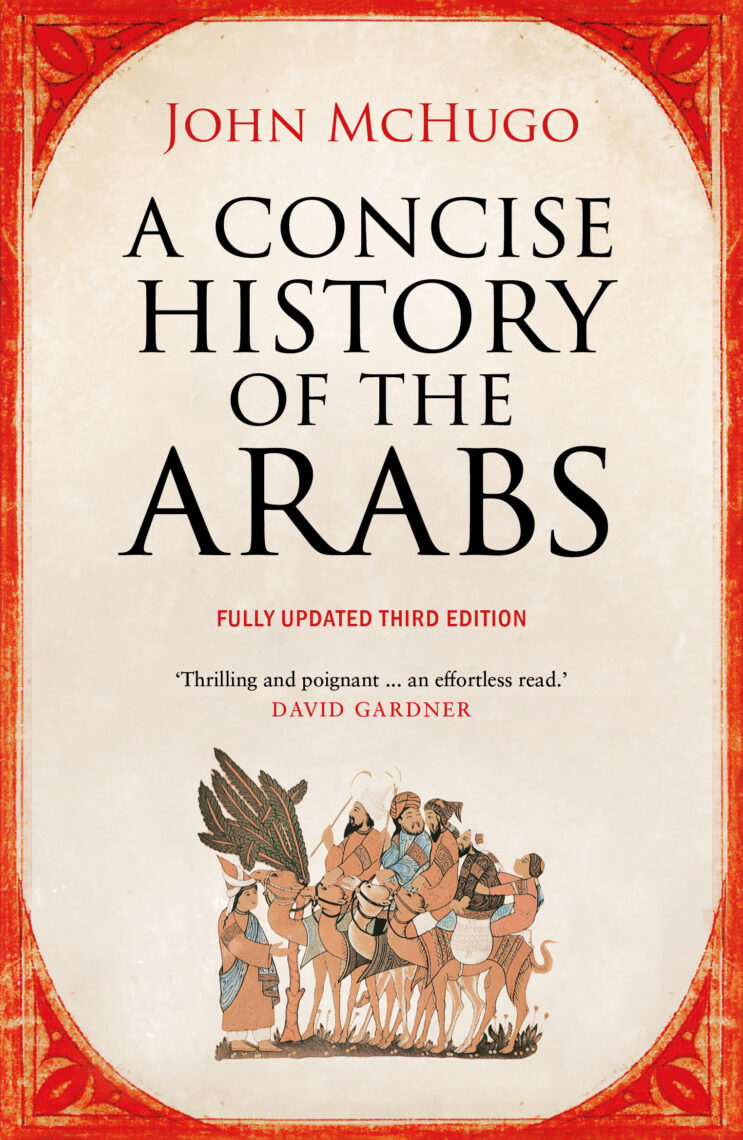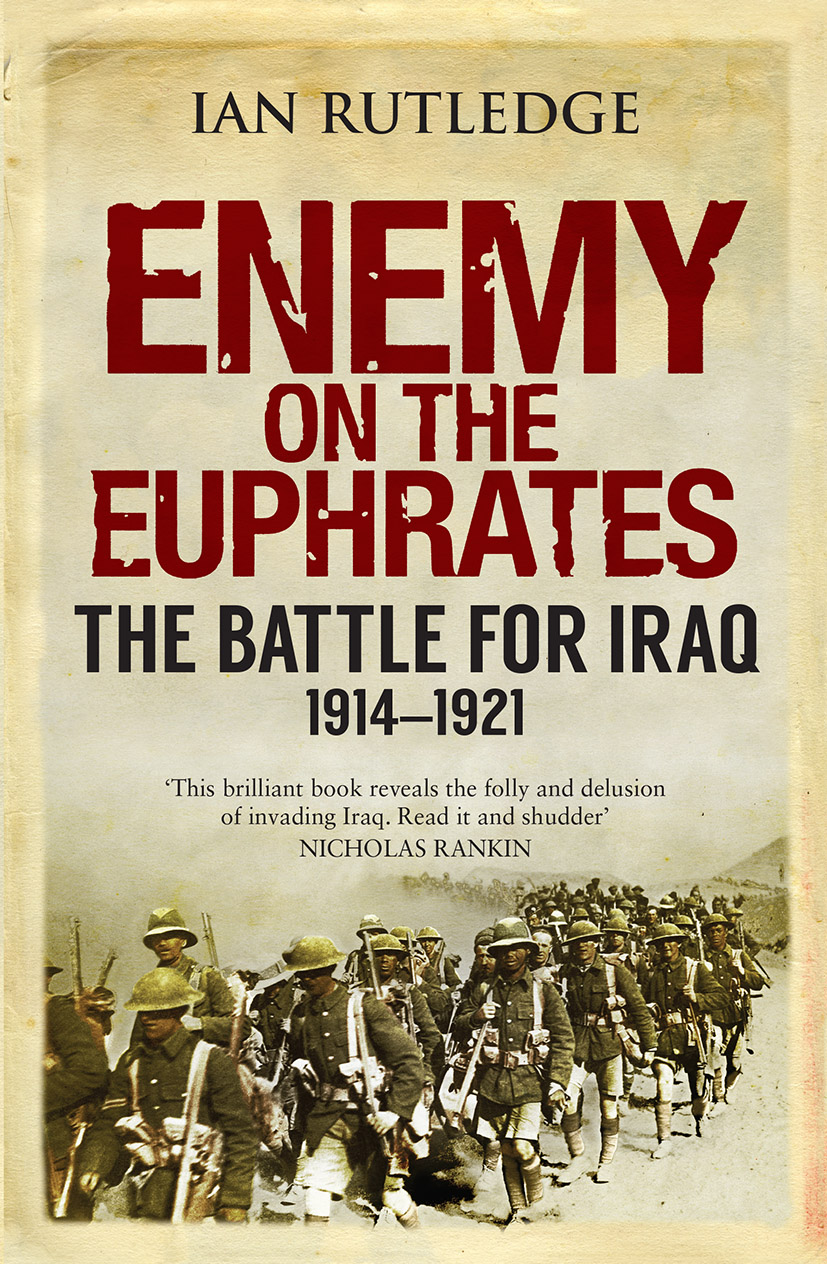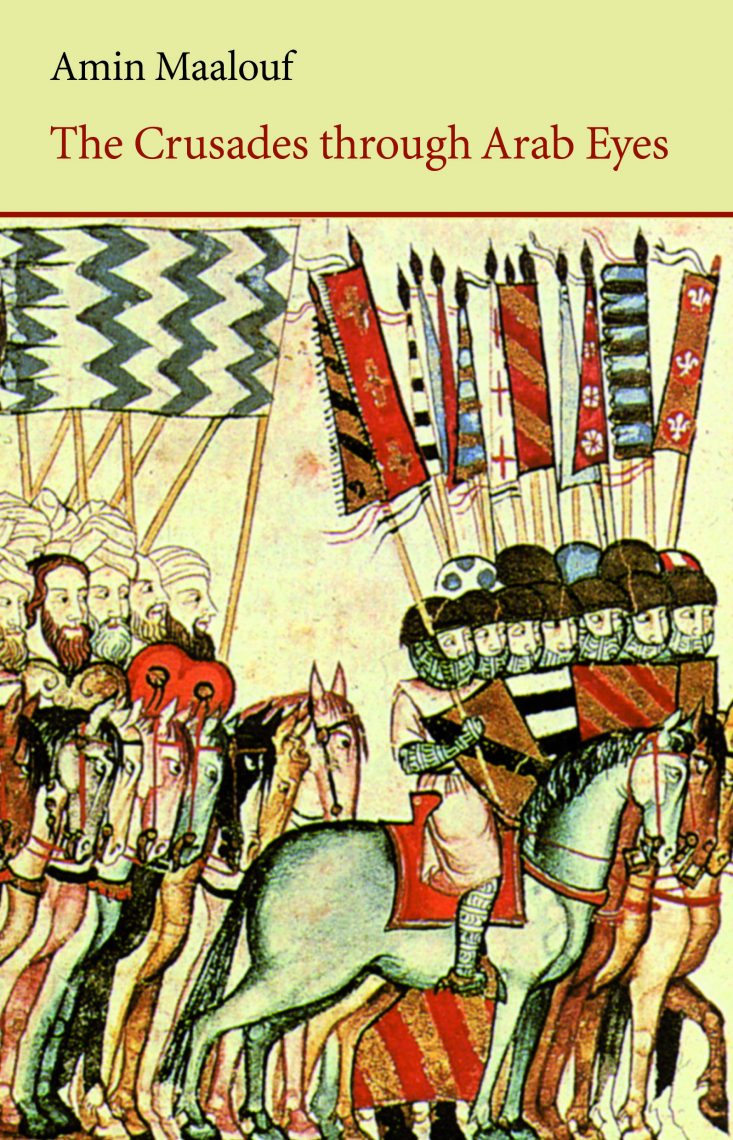
The Crusades Through Arab Eyes
Amin Maalouf
Translated by Jon Rothschild
About the Book
In August 1099, a judge from Damascus burst into the Caliph’s court in Baghdad, denouncing its luxury while Muslims in Syria and Palestine were being slaughtered by Frankish invaders. With this incendiary opening, Amin Maalouf begins a sweeping narrative that reframes one of history’s most defining conflicts.
Beginning with the sack of Jerusalem – where, after two days of carnage, not a single Muslim was left alive within the city walls – Maalouf traces two centuries of war, betrayal and resistance. He recounts the fall of city after city, from Antioch, betrayed from within, to Tripoli, besieged and stripped of its priceless library. Against this devastation, Maalouf sketches vivid portraits of those who rose in response, including Nur al-Din, the austere ‘Saint-King’, and Saladin, the reluctant leader who would ultimately reclaim Jerusalem.
Now published in a new luxury edition to mark its fortieth anniversary, this modern classic stands as one of the most influential works of narrative history of the medieval world.
About the Author
Amin Maalouf is an award-winning French Lebanese novelist, essayist and memoirist. His novels have been translated into more than fifty languages and include The Rock of Tanios, which won France’s most prestigious literary award, the Prix Goncourt. Maalouf is a member of the Académie française and in 2010 was awarded the Prince of Asturias Award for Literature for his entire oeuvre.
Reviews
'Well-researched and highly readable.' Guardian
‘A useful and important analysis adding much to existing western histories … worth recommending to George Bush.’ London Review of Books
'Maalouf tells an inspiring story ... very readable ... warmly recommended.' Times Literary Supplement
‘A wide readership should enjoy this vivid narrative of stirring events.’ The Bookseller
'Very well done indeed ... Should be put in the hands of anyone who asks what lies behind the Middle East's present conflicts.' Middle East International
